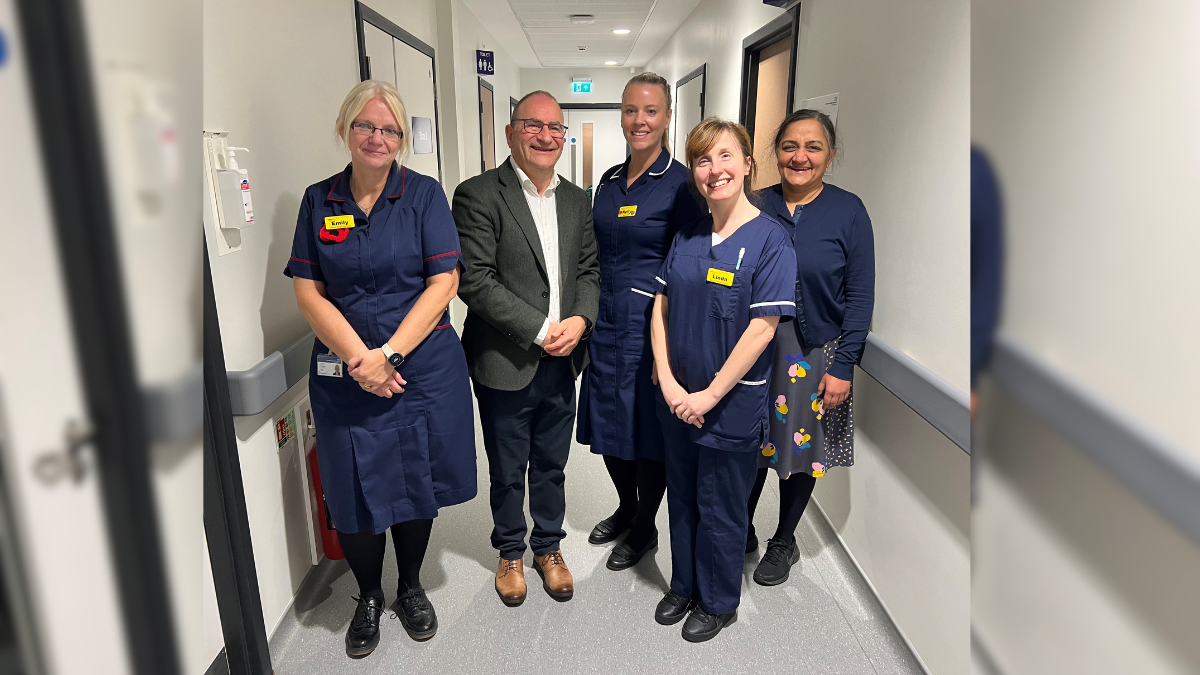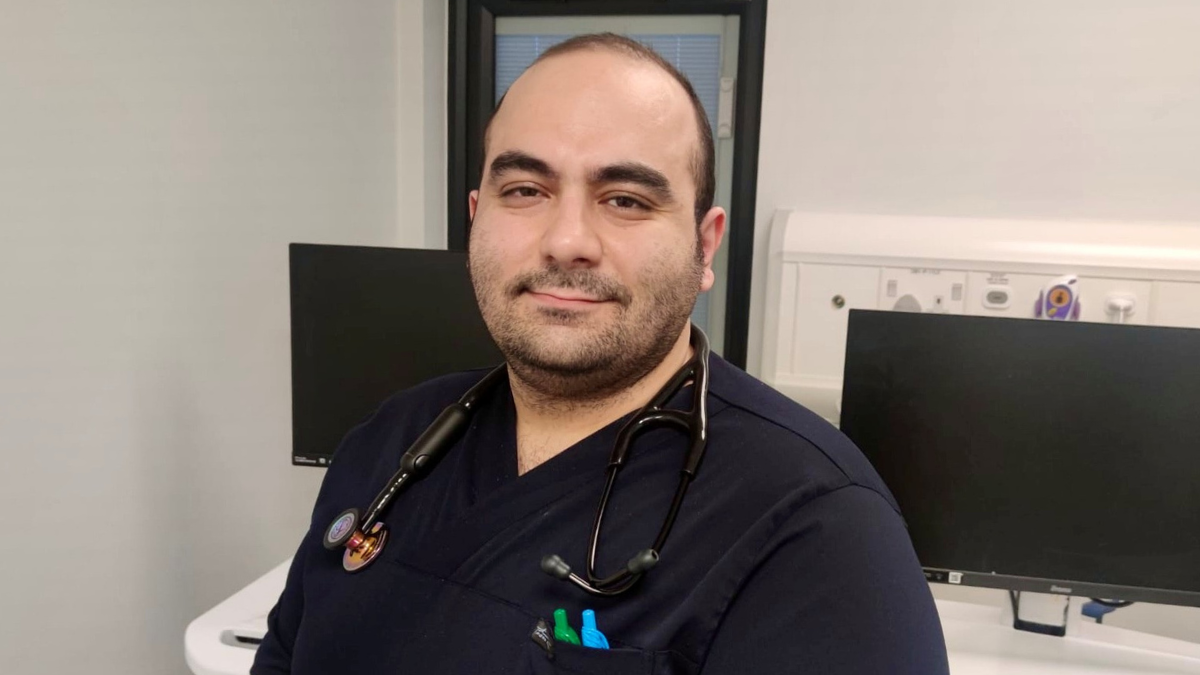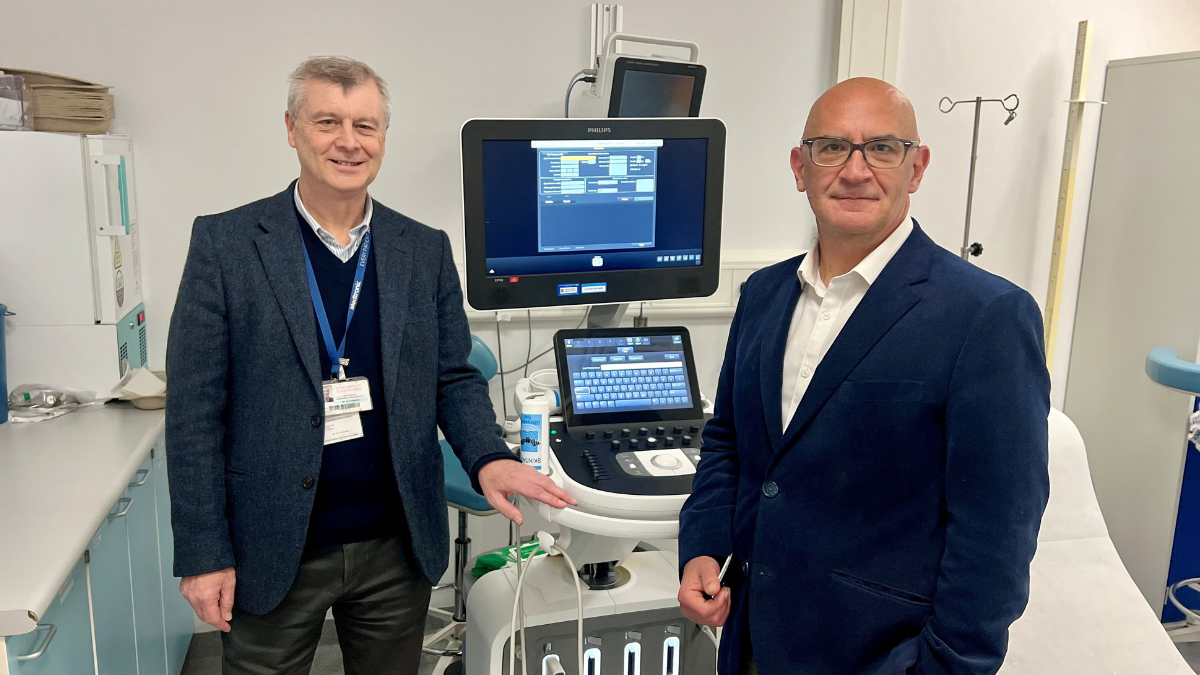Birmingham to lead the way in testing promising new cystinosis treatment
Published on 13/11/2025

Queen Elizabeth Hospital Birmingham (QEHB) will lead a new clinical trial, backed by nearly £4 million in funding, to test a drug discovered by an “inspirational” University of Sunderland scientist dedicated to improving the treatment of patients with a rare, life-threatening genetic disease.
Professor Roz Anderson, who lost her life to cancer in the summer of 2018, had worked tirelessly to secure a grant from the Medical Research Council (MRC) which would take her research work - designing drugs to treat and improve the quality of life for cystinosis patients - into preclinical trials.
There is currently no cure for cystinosis. It occurs when the body cannot properly process cystine, an amino acid, causing it to build up and damage organs, particularly the kidneys, muscles and eyes. Without treatment, patients can die from kidney and multiorgan failure before the age of 10.
The current and only treatment for the disease, cysteamine, produces unpleasant side effects such as nausea, vomiting, bad breath, a poor body odour, ulcers and gut damage. A large dose of the drug is required four times a day, for life.
Professor Anderson and her team designed a novel prodrug (CF10) that takes the effective treatment directly to the cells that need it, limiting breakdown and avoiding the unpleasant side effects.
In 2018, the MRC Developmental Pathway Funding Scheme awarded £1.6 million to the University of Sunderland and collaborators to complete the pre-clinical development stage started by Professor Anderson.
Now, the team has received a further £3.9 million from the MRC to take the drug into clinical trials.
QEHB will be the only site in the UK running this trial, with all patients seen at the hospital’s Centre for Rare Diseases - one of the largest centres of its kind in the country. Patients who volunteer for the trial will receive increasing doses of CF10 to identify an active dose.
Among them is Millie, 27, from Bristol, who has been a patient at the centre for almost a decade. She said: “I’ve spent my whole life managing cystinosis and the challenges that come with its difficult treatment. I’m really excited to be part of this trial and to finally see some hope that I might personally benefit from a treatment that could make a real difference for people like me.”
At QEHB, the trial will be led by Dr Graham Lipkin, a kidney specialist at UHB and an expert in treating patients with cystinosis, who said: “I’m incredibly proud to be leading this trial here in Birmingham, which could make a real difference for patients with this rare condition.
“Cystinosis is a dreadful inherited disorder that usually presents in early infancy, initially damaging the kidneys and eyes and often requiring dialysis or a kidney transplant. Over time, it can also cause diabetes, hormone deficiencies, and progressive muscle weakness, resulting in loss of strength, swallowing difficulties and chest problems.
“This partnership between UHB, the University of Birmingham, and the University of Sunderland brings together world-class expertise with the potential to set a new standard of care, delivering a treatment that could be truly life-changing for patients.”
Will Newman, Chair of Cystinosis Foundation UK, said: "For those living with cystinosis, the daily reality is brutal - relentless medication schedules, sleep deprivation, and harsh side effects from cysteamine. CF10 could change everything.
“This new treatment promises fewer doses and virtually no side effects. It’s not just a scientific milestone – it’s hope for a brighter future. We are hugely grateful to Roz Anderson, Herbie Newell and the fantastic team at Sunderland for advancing CF10 into clinical trials, and to our community whose fundraising efforts have been nothing short of heroic, helping a tiny charity punch far above its weight in drug development. If CF10 succeeds, it will be life changing, not just for those in the UK, but for the cystinosis community worldwide."


